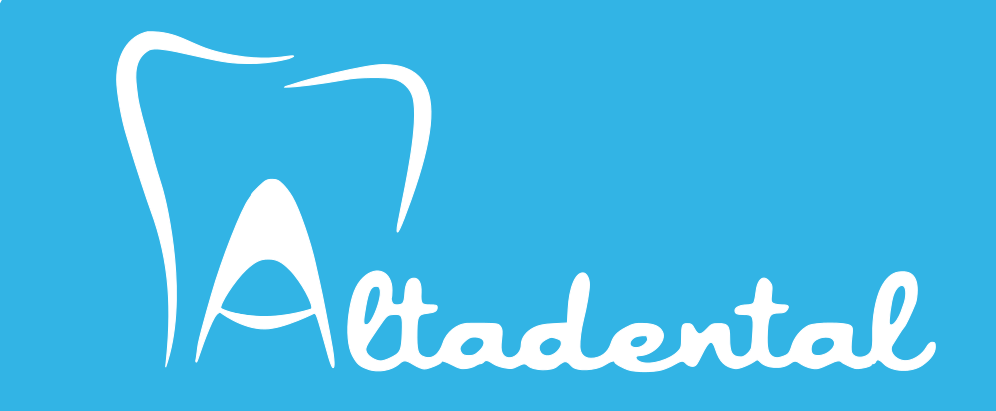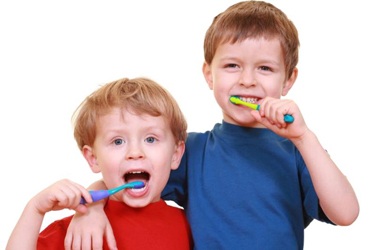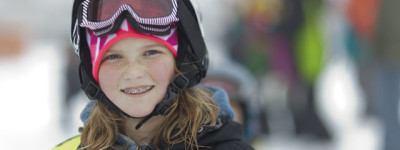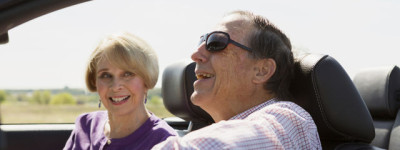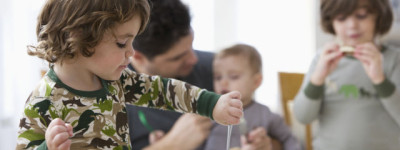Whether you are a new parent or one who has been at it for a few years, you should do whatever is necessary to ensure that your child is happy and healthy. When it comes to oral health, you want the best for your child, too. Parents often have lots of questions and concerns about what they need to do to get their child off to a good start with dental care. You should have the baby toothbrush ready, but there is more to good oral health than that. The big question is, "When can kids brush their teeth by themselves?" If you have small children, you may be unsure of the answer to this frequently asked question.Birth to 1 Year OldProper cleaning is necessary even though your baby doesn't yet have any teeth. Begin good oral health care habits right away by wiping your baby's gums with a clean, moist gauze pad or small washcloth after each feeding. You can continue this cleaning routine even when his first tooth erupts around the age of 6 months. As more teeth erupt, you should begin to clean them with a small, soft baby toothbrush and water.1 Year to 3 Years OldBy age 2, your child will likely enjoy handling the toothbrush, but he will lack the manual dexterity to brush effectively. You should continue to brush his teeth twice each day with a soft-bristled toothbrush using a gentle back-and-forth scrubbing motion. The American Academy of Pediatric Dentistry recommends using just a smear of fluoridated toothpaste for children younger than age 2 and a pea-size amount for children over 2 years of age. If you use fluoridated toothpaste, make sure your child spits out the excess toothpaste. If your child has any teeth that touch, it's time for you to start flossing between them. Your child probably won't have the skill to floss well until approximately age 9 or 10 so teaching them this skill is very important or the use of a dental flosser to improve oral health between the teeth. 4 to 5 Years OldBy age 4 or 5, your child may want to start brushing his teeth by himself. This is a good time to teach him how to brush and let him practice daily. At this age, he will still lack the manual dexterity to brush thoroughly, so it's important for you to brush his teeth again, especially at bedtime. Throw out his toothbrush every 3 months or so when it starts to look worn and the bristles are no longer straight.7 to 8 Years OldBy the time he is 7 to 8 years old, he will no longer use a baby toothbrush and will likely be able to brush his teeth by himself. Dentists recommend that you periodically check the effectiveness of your child's toothbrushing. An easy way to do this is by using disclosing tablets, which you can get from your dentist or from the drugstore. These tablets will stain areas of the teeth that have plaque on them that your child has missed while brushing.Always direct questions and take any concerns you may have about your child's dental health to your dentist. Children should start to see the dentist at an early age. In fact, the American Dental Association recommends that you take your child for a dental visit before his first birthday. Remember that starting a dental routine and establishing good oral habits while your child is young can help prevent oral disease and ensure a happy healthy smile for a lifetime.
Source: Get the Baby Toothbrush Ready
Source Link: http://www.colgate.com/en/us/oc/oral-health/life-stages/childrens-oral-care/article/sw-281474979262539

